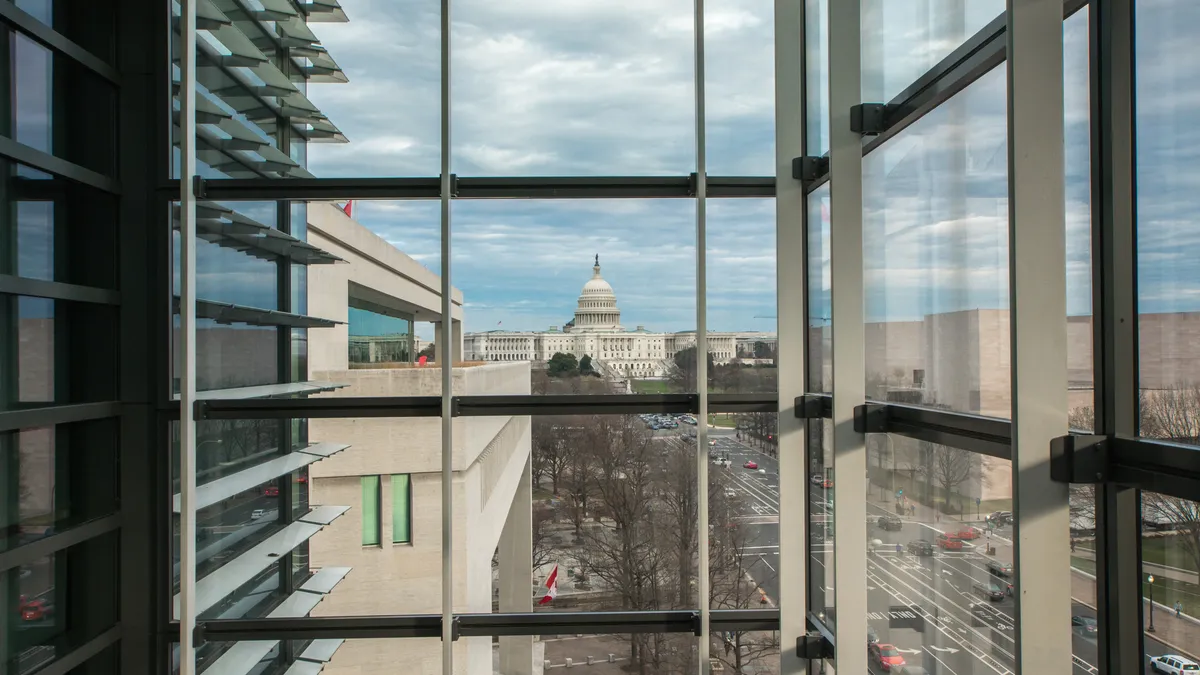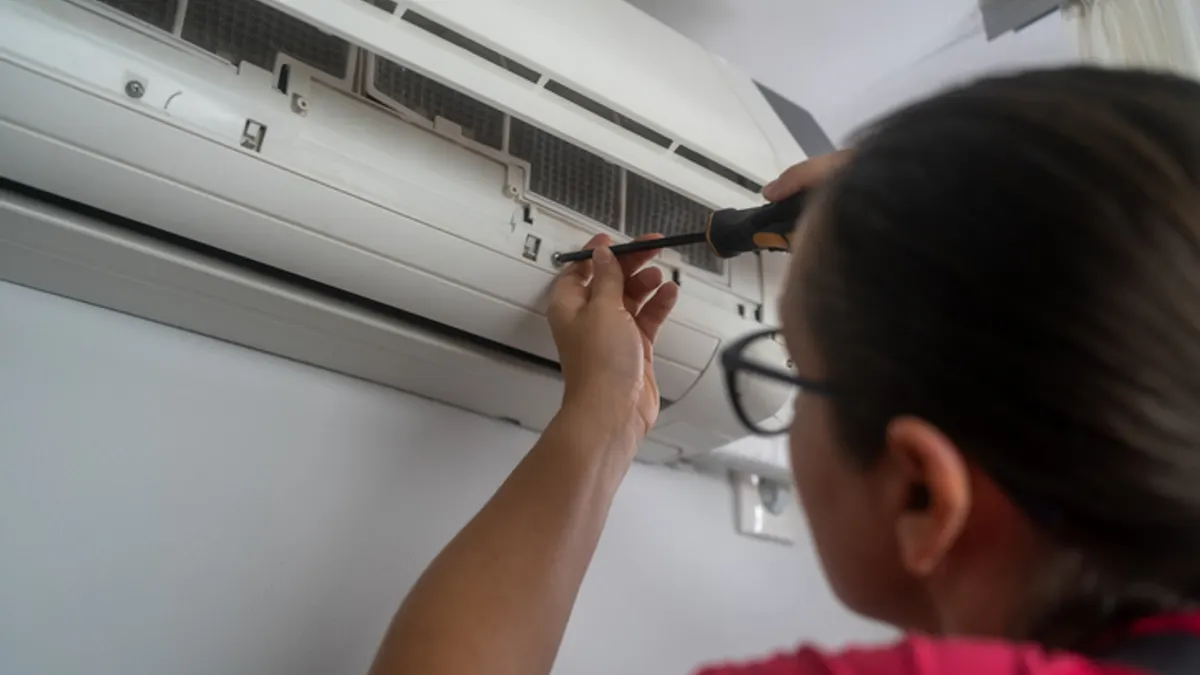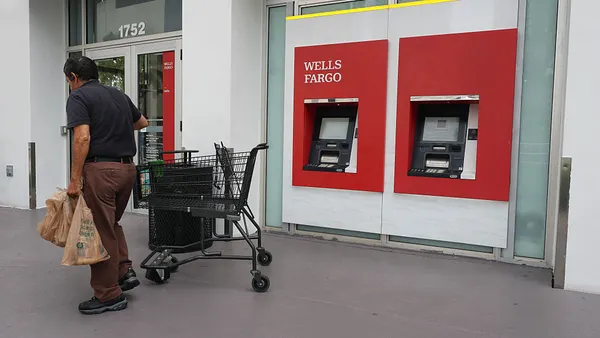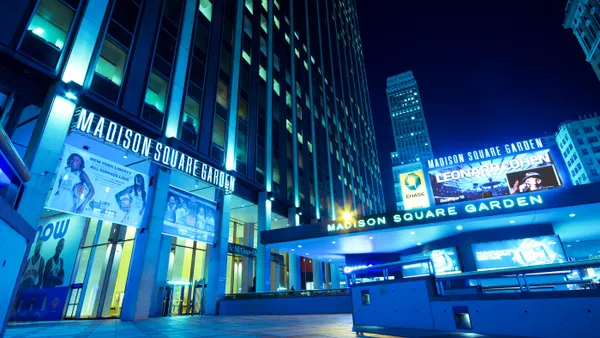Dive Brief:
- The District of Columbia is set to adopt regulations for implementing a new tax abatement program that will address financial and structural hurdles involved in commercial-to-residential conversion projects.
- The program provides a 20-year tax abatement as an incentive for property owners to convert all or part of their property to residential uses in the downtown area. The conversions must yield a minimum of 10 housing units during the abatement period.
- Given existing and expected vacancies across office properties, failing to repurpose these spaces for residential use will have wide-reaching consequences for the capital, impacting tax revenues, local businesses and overall community vitality, Zachary Williams, land use and zoning partner at law firm Venable, told Facilities Dive.
Dive Insight:
With big companies combining offices and subleased areas sitting empty, occupied office space in Washington, D.C., decreased by 52,000 square feet in the fourth quarter of 2023, pushing vacancy rates to 21.2%, according to a recent CBRE report. One million square feet of occupancy space was lost through 2023, according to the report.
A separate analysis from the D.C. Policy Center shows that Washington, D.C., which collects over $1.1 billion in tax revenue from office buildings, stands to lose millions of dollars in commercial tax revenue from those properties if current leasing trends and office vacancies in the downtown area continue.
The tax abatement program, approved by the D.C Council last year, is administered by the Office of the Deputy Mayor for Planning and Economic Development. The new regulations say the mayor is authorized to approve tax abatements of up to $2.5 million for each of fiscal years 2024, 2025 and 2026; $6.8 million for fiscal year 2027; $41 million for fiscal year 2028; and 104% of the prior fiscal year’s cap for each succeeding fiscal year after 2028, according to a notice of proposed rulemaking published in the District of Columbia Register Jan. 26.
Many adaptive reuse projects will not progress without such initiatives, said Williams, who represents property owners as well as national commercial and retail tenants in Washington.
“We can’t have these buildings just go vacant. We cannot have an empty downtown,” Williams said. “So, the goal here isn’t just a handout. It isn’t just a program [for] developers to make more money. It’s literally critical to the lifeblood of the city that these projects happen. And the concern right now is that without this program, they're not going to happen. The economics just don’t work.”
Areas the incentive covers include portions of Dupont Circle, West End, Foggy Bottom, Penn Quarter, Chinatown and East End. Property owners participating in the program are required to administer their conversion projects such that they make 10% of the housing units affordable to families earning 60% of the median family income, or 18% of the housing units affordable to families earning 80% of the median family income. Property owners must also ensure that at least 35% of the total contract value for construction and operations of the development is awarded to a certified business enterprise, according to a program overview Venable released Feb. 2.
Additionally, owners must implement a first source agreement prioritizing the employment of District residents. However, properties approved for tax abatement are exempt from this agreement during construction and development, Venable said.
These requirements intend to reduce the burden on development projects in the city, Williams told Facilities Dive. As a measure to prioritize local businesses, certified business enterprises are required to be from the Washington, D.C., area, Williams said. He noted that the first source agreement similarly prioritizes local residents’ employment during project operation.
The City Council has opened a 30-day comment period through Feb. 26. “We could see the program get implemented fairly soon,” Williams said.













